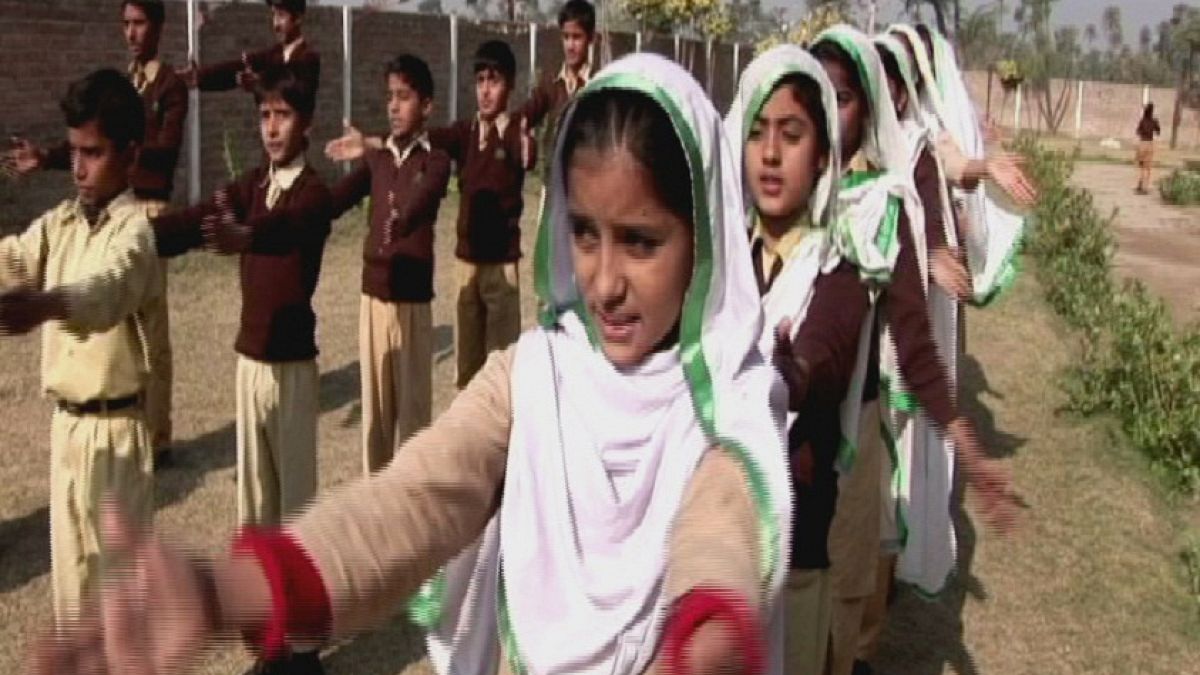According to the United Nations, 115 million primary school-age children still are not in education. And 54% of those children are girls. International Women’s Day is a reminder that in many countries, women still face major barriers to becoming fully active members of society. Literacy is one vital tool that helps women improve their lives.
Afghanistan: Rising From the Ashes
Sakeena Yakoobi devotes her life to empowering women in Afghanistan, and is the founder of the Afghan Institute for Learning, an NGO which runs more than 150 education and health projects across the country. Her NGO aims to develop critical thinking, promote women’s health awareness, and most importantly, to encourage women to challenge traditional, faith-based social boundaries.
Ten years ago Sakeena Yacoobi left a comfortable life as a doctor in the US to come back to Afghanistan. She says she wanted to contribute something to her country, like this kindergarten which is one of more than 150 projects run by her foundation. During the Taliban era, when education for girls was forbidden, Yacoobi ran 80 underground schools. Now, girls can go to school openly and the challenge is to change the culture of this deeply-conservative society through education.
The Taliban has threatened to kill Yacoobi because of her work. So both her driver and her project manager are policemen.
On average Afghan women have 7 children. In the clinics run by Yacoobi’s foundation the focus is on empowering them, teaching them about birth control. Yacoobi’s schools encourage students to think critically, to ask questions and to interact with their teachers. It’s a revelation in a country where students are normally expected to listen without question.
Yacoobi asks communities to donate 30-50% of the resources needed for a project in their area, in order to strengthen local involvement.
Yacoobi’s foundation now employs 470 people, 83% of whom are women.
For more information see:
youtube.com
“Sakena_Yacoobi”: http://en.wikipedia.org/wiki/Sakena_Yacoobi
Pakistan: Gender Equality
In Pakistan more than 70% of women are illiterate. But The Citizens Foundation, an NGO which is currently educating 102,000 children across the country, works hard to achieve gender parity in its classrooms. They provide school places for children from the very poorest urban areas in Pakistan and aim to give equal opportunities to everyone regardless of gender, race, religion. Let’s take a look at how they’re working to encourage girls to go to school.
In the Punjab region of Pakistan, getting an education is a rare piece of luck. Especially for a girl. In Pakistan, nearly 50% of all children receive no education at all, and over 70% of women are illiterate. But Nazish Karam is the head teacher of one of 130 schools run by “The Citizens Foundation” across the country. Citizen Foundation schools particularly encourage female enrolment.
The Citizens Foundation was set up 1995, and their education programmes are open to everyone regardless of religion, race, provincial origin – or gender. At the beginning, some parents were unwilling to enrol their daughters, regarding education for women as useless and improper. To counter this, female teachers are present in all schools and in all classrooms.
Out of 173 million Pakistanis, 92 million adults are iliterate. That’s 58%.
